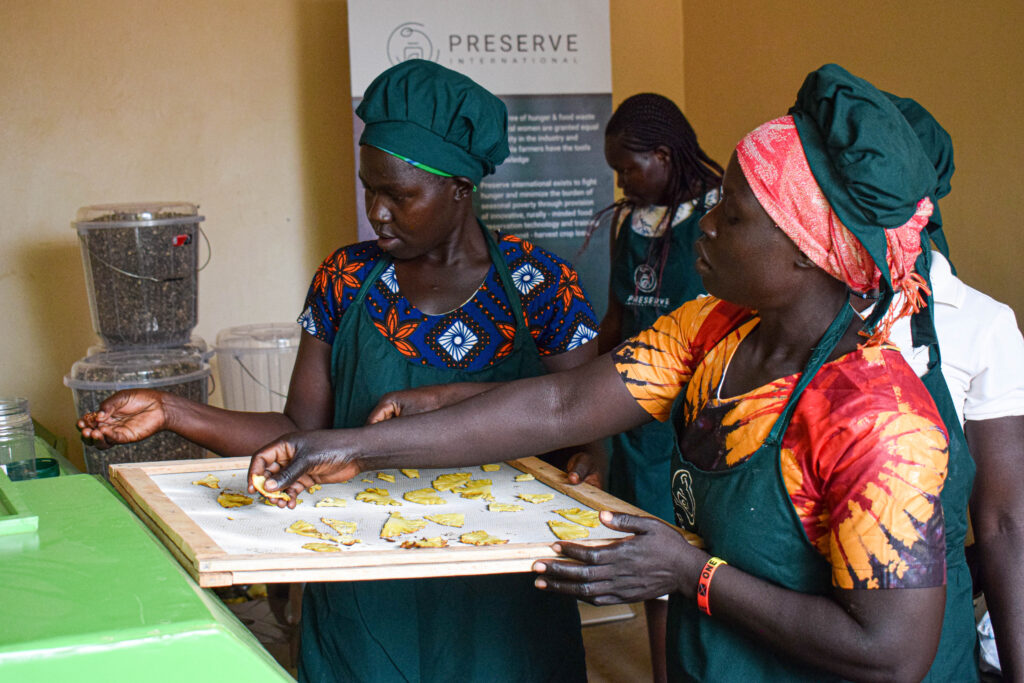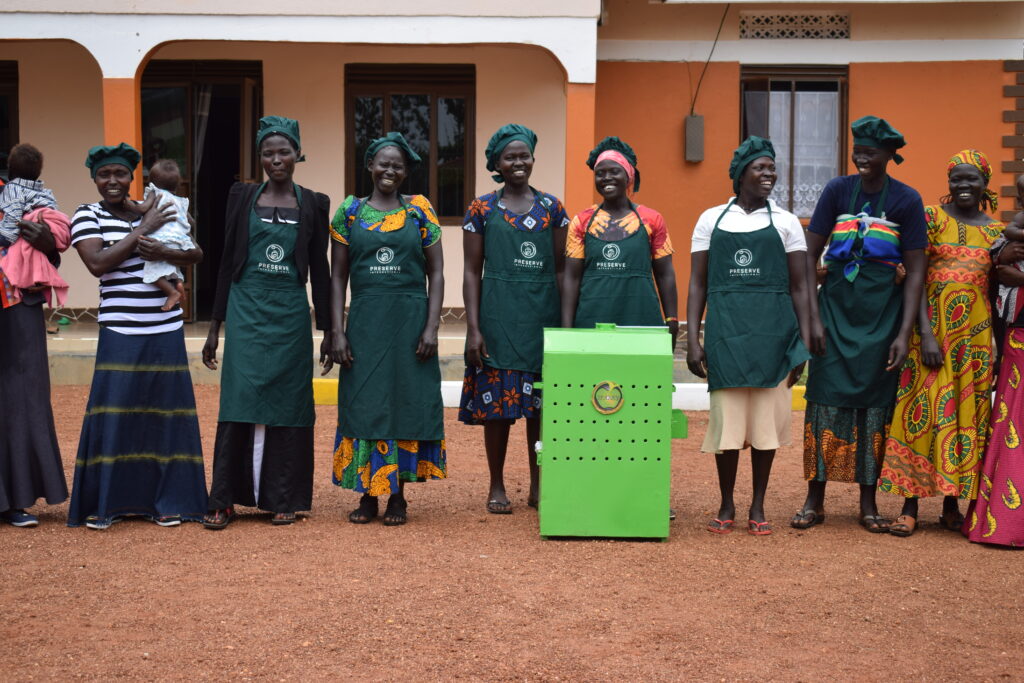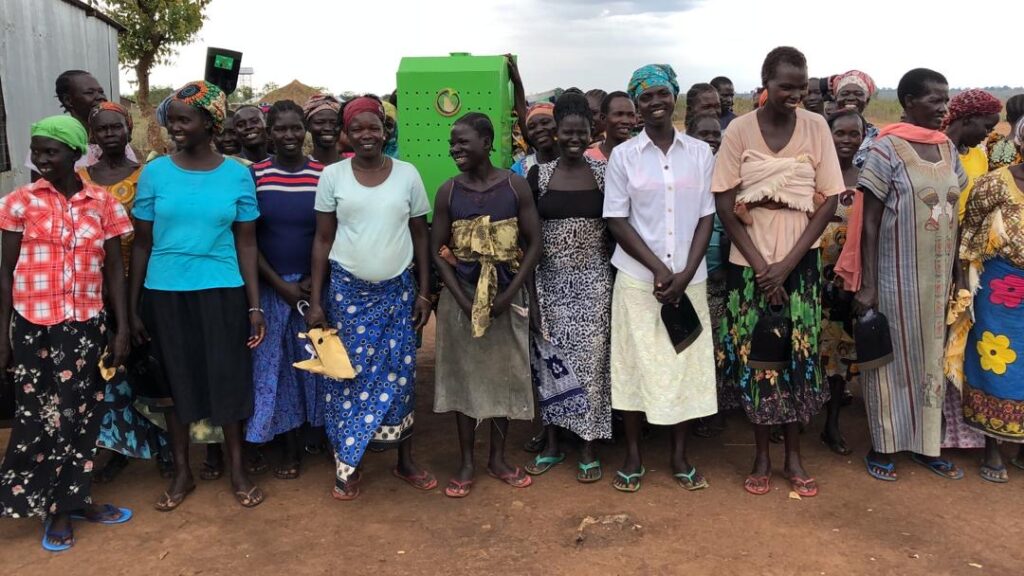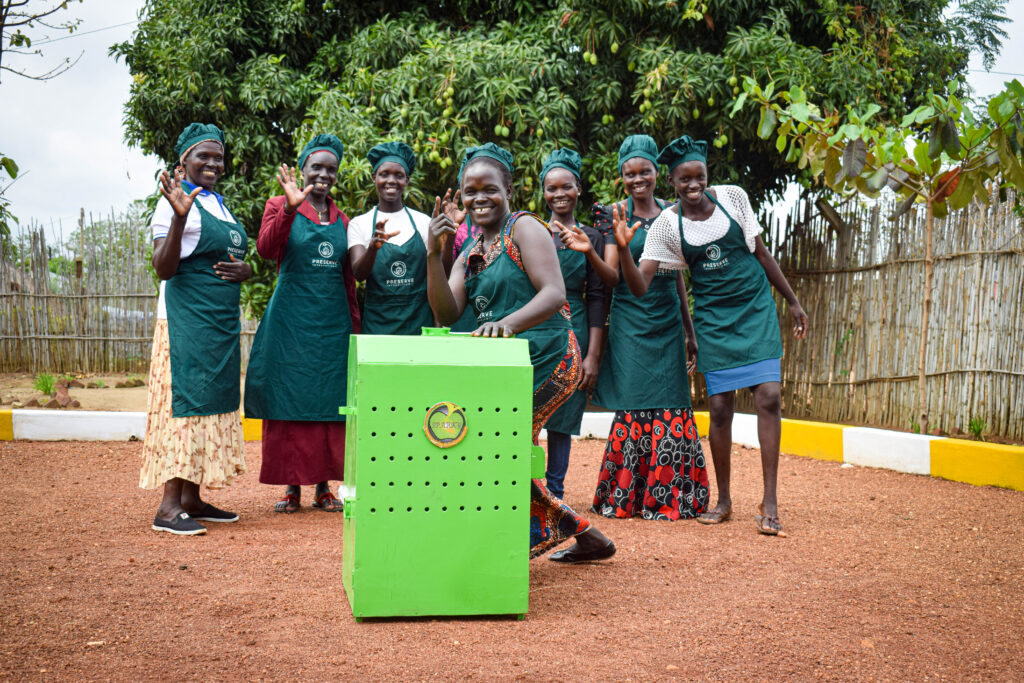

In developing agricultural communities many farmers are forced to watch as up to 75% of their yearly harvest lay rotting in the fields.
These crops, and the money made from the sell thereof, are meant to last farmers and their families through the dry planting season and into the next harvest. However, an overabundance in the market during harvest season, combined with a lack of capacity to preserve the life of their produce results in what is often referred to as the hunger season.
What is the Hunger Season?
The Hunger Season, also known as the lean season, is the dangerous period of time when the food and profits from the harvest have been used up and rural farming communities struggle with poverty, malnutrition, and other afflictions stemming from a lack of food security.

Preserve International seeks to eliminate food waste through the provision of innovative, rurally-minded food preservation technology and training to allow farmers to preserve the life of their crops from post-harvest through the lean season.
Staying away from added chemicals and preservatives, we utilize food dehydration, water-bath canning, and improved grain storage techniques to preserve the life of produce from days to months, and even years.

Acknowledging the often disproportionate effects of poverty and hunger on women, as well as the seemingly insurmountable odds faced by female farmers throughout the developing world, we seek to empower women in the agricultural sector not only through food preservation, but by providing job and educational opportunities as well as facilitating grassroots support networks to help women thrive.
Agriculture is the backbone of Uganda’s economy, employing over 70% of the population and responsible for over 25% of national GDP. Because most Ugandans live in rural areas and practice farming, increasing livelihoods in this area is critical for reducing food insecurity and boosting prosperity in the country.
Although agriculture has enormous potential to transform the Ugandan economy, it does face many challenges in ensuring optimum productivity and profitability for its farmers.
One of the key issues faced by small scale Ugandan farms is food waste, with many farmers wasting between 40% and 75% of their annual harvest. Not only is this waste detrimental to the health of farming communities who could benefit from a year long supply of nourishing food, but it also limits the financial growth potential of farmers who lack a stable source of income for many months out of the year.
Preserve International seeks to mitigate the effects of the lean season by providing farmers with innovative food preservation technology and training that will allow them not only to preserve enough food for their families to last through the planting season, but also provide them with a constant source of income through the sale of preserved foods throughout the year.


